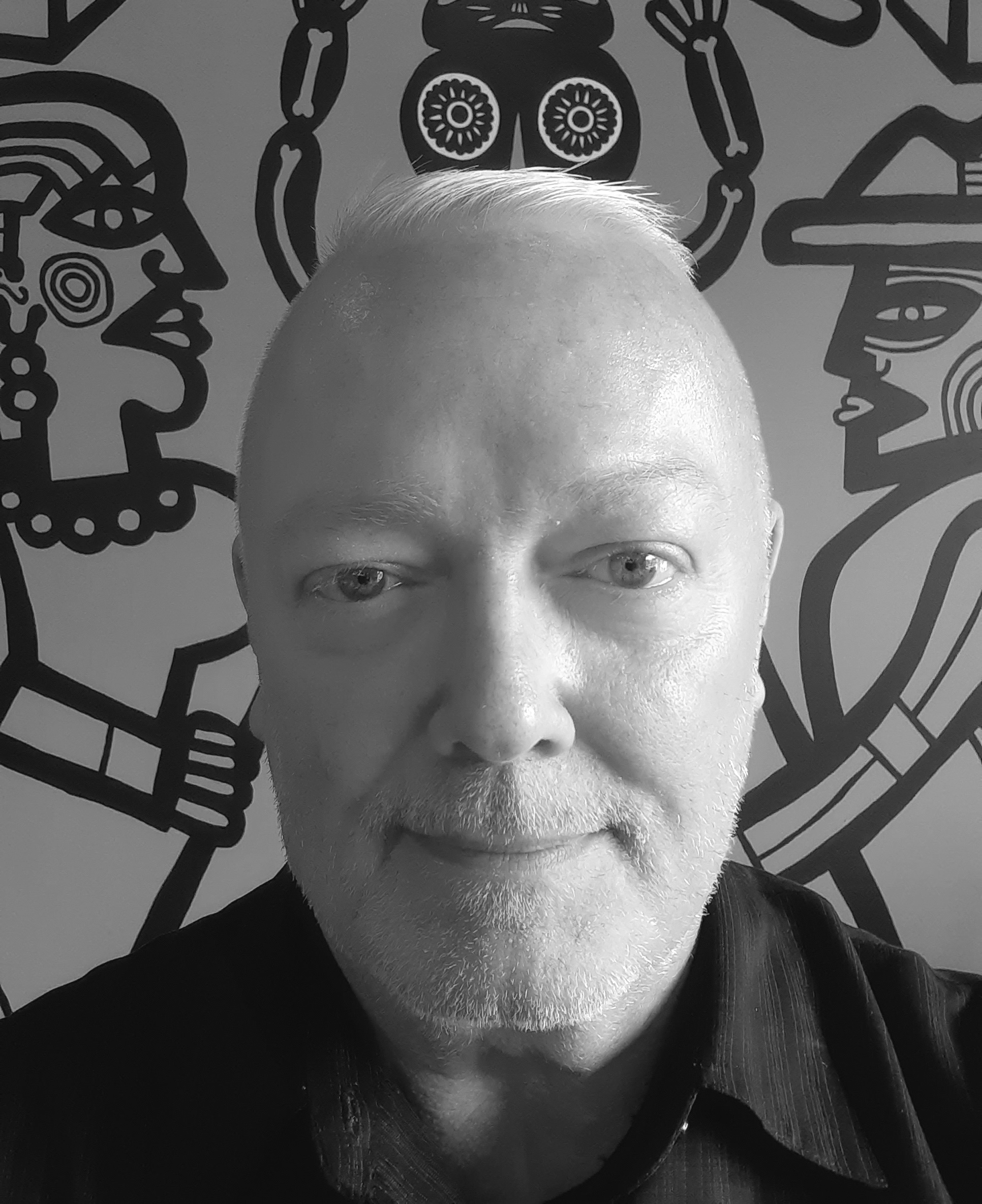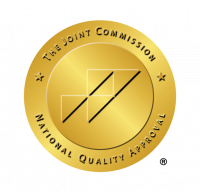Which professions drink the most? We all know about genetic factors that can indicate a tendency to develop alcohol use disorder (AUD). Family issues and trauma can also cause alcohol misuse. And finally, there’s the pandemic. It has ushered in a sea change in how people go about their daily lives. Many have chosen to work from home.
But are there specific types of jobs that are more prone to alcohol misuse? Further, are there “cause and effect” relationships? Can someone’s work actually encourage more drinking? The answers are not always clear.
Risk Factors in Professions That Drink the Most
In many jobs, demanding hours cause a corresponding desire to “cut loose,” or decompress after a long day. A grueling schedule can cause some people to respond with “time for a drink.” But one drink can quickly escalate into three, four, or more. By then, the capacity for sound decision-making may have vanished.

At the other end of the spectrum, dull, tiresome jobs can can cause people to seek alcohol, solely to break up the monotony.
We note a 2021 study1 co-sponsored by the World Health Organization and International Labour Organisation (published in Environment International), which suggests that long working hours increase likelihood of developing alcohol use disorder. But the authors didn’t find much correlation to suggest that heavy drinking is necessarily a result.

Schedule a private call with a Ria Health team member and we can help you get started.
Which Professions Have the Highest Rates of Alcoholism?
In the April 2015 issue of The CBHSQ Report, the Substance Abuse and Mental Health Services Administration (SAMHSA) identified professions2 likely to have high rates of alcohol misuse. (CBHSQ is the Center for Behavioral Health Statistics and Quality, the leading Federal government agency for behavioral health data and research.)
The research studied adults aged 18 to 64, employed full-time, from 2008-2012. The results may surprise some. At the top of the list was mining, with 17.5% of adults reporting heavy alcohol use. (“Heavy” is defined as five or more drinks at one sitting.) After that came construction (16.5%), followed by accommodations and food services (11.8%). At the bottom were public administration (6.6%), educational services (4.7%), and health care and social assistance (4.4%).
In the UK, a more recent study3 by BMC Public Health polled over 100,000 adults aged 40-69 years. The study notes that “Alcohol consumption and its associated consequences remain a major public health challenge.” People working in skilled trades were more likely to be associated with heavy drinking. Not surprisingly, professions associated with alcohol reported higher drinking rates. These include those working with food, beverages, and hospitality. Overall, the study concluded that those in professional occupations were “less likely to drink at high levels.”

Some Professions and Their Drinking Culture
A few professions have taken a close look at their drinking culture, and its causes. This self-examination can help to determine the prevalence, causes, and solutions of AUD within their own ranks. In 2016, the American Bar Association collaborated with Hazelden Betty Ford Foundation4 on a study of almost 13,000 attorneys. They were polled for their views on stress, depression, and alcohol use. The results5, published in the Journal of Addiction Medicine, revealed that roughly one in five respondents suffered symptoms of alcohol misuse. Further, the study authors found the problem to be significantly higher than in other professions.
Alcohol and Affluence: Is There a Connection?
Research indicates that many people have assumptions about individuals and their alcohol use. People often view those suffering from AUD as “down on their luck,” combined with homelessness, job loss, or other factors. (Of course, acknowledging a “chicken or the egg” comparison, alcohol use can result in some of those factors coming true.)
Most people are familiar with the phrase “high-functioning alcoholic.” While some evidence suggests6 that heavy alcohol use is more closely tied to higher incomes, the facts show that AUD can affect people of any economic position—rich or poor.
How Can Employers Address the Issue?
In researching which professions drink the most, we uncovered some of the costs. Research from NORC at the University of Chicago and the National Safety Council found that employers save over $8,5007 when an employee recovers from substance abuse disorder.
A 2019 article8 in HR Daily Advisor makes three broad recommendations:
- Don’t serve alcohol at company functions. If for some reason drinking is permitted, don’t require employees to attend. And offer nonalcoholic options.
- Make mental health a high priority, and ensure that employees know they have access to resources to help them.
- Recognize and affirm that addiction is a disease with biological roots, and avoid stigma or punitive measures.

The Centers for Disease Control maintains a list of resources9 to help human resources professionals develop sound workplace policies. And in 2018, the Business Group on Health (formerly the National Business Group on Health) published a comprehensive document10, An Employer’s Guide to Behavioral Health Services. The guide has detailed recommendations for designing and implementing behavioral health policy in the workplace.
The CBHSQ report notes that “U.S. companies lose billions of dollars a year because of employees’ alcohol and drug use and related problems.” And these often include absenteeism and frequent job changes. But as mental health awareness continues to grow, so does learning. And that includes the knowledge that heavy alcohol use can occur with anyone, anytime, and anywhere.
Are you an employer or an employee in a high-drinking profession? The good news is that in 2022, there are now digital solutions, like Ria Health. Now modern science can help people of all income levels—and professions—return to good health, productivity, and job satisfaction.
References[+]
| 1↥ | https://www.sciencedirect.com/science/article/pii/S0160412020321607 |
|---|---|
| 2↥ | https://www.samhsa.gov/data/sites/default/files/report_1959/ShortReport-1959.pdf |
| 3↥ | https://bmcpublichealth.biomedcentral.com/articles/10.1186/s12889-021-10208-x |
| 4↥ | https://www.hazeldenbettyford.org/about-us/news-media/press-release/2016-aba-hazelden-release-first-study-attorney-substance-use |
| 5↥ | https://journals.lww.com/journaladdictionmedicine/Fulltext/2016/02000/The_Prevalence_of_Substance_Use_and_Other_Mental.8.aspx |
| 6↥ | https://www.ncbi.nlm.nih.gov/pmc/articles/PMC4872618/ |
| 7↥ | https://www.norc.org/NewsEventsPublications/PressReleases/Pages/new-analysis-employers-stand-to-save-an-average-of-8500-for-supporting-each-employee-in-recovery-from-a-substance-use-dis.aspx |
| 8↥ | https://hrdailyadvisor.blr.com/2019/05/31/what-to-do-about-workplace-risk-factors-for-alcohol-abuse/ |
| 9↥ | https://www.cdc.gov/workplacehealthpromotion/tools-resources/workplace-health/alcohol-substance-misuse.html |
| 10↥ | https://www.healthlinkscertified.org/uploads/files/2018_09_23_03_11_53_fullreport_behavioralhealthservices.pdf |




